

How Do Bad Books Get Published?
How do so many bad books get published? Today, we'll be discussing this question, one that a lot of writers shout at the top of their lungs when they get yet another rejection.

How Long is a Chapter?
How long is a chapter? This is a question I get all the time from writers. In this video, I'll ask you some leading questions that will allow you to figure out that ideal chapter count or chapter-length for yourself in your particular project.

How to Start Your Novel
If you’re wondering how to start your novel, your job is to hook the reader from page one. But how? In this post, editor Kristen Overman shares some tips on how to write an engaging novel opening, including how to start your novel with scene.

How Many Characters to Include In a Novel
If you're wondering how many characters you should put in your novel, or how big your cast of characters should be (or how small), check out this video.
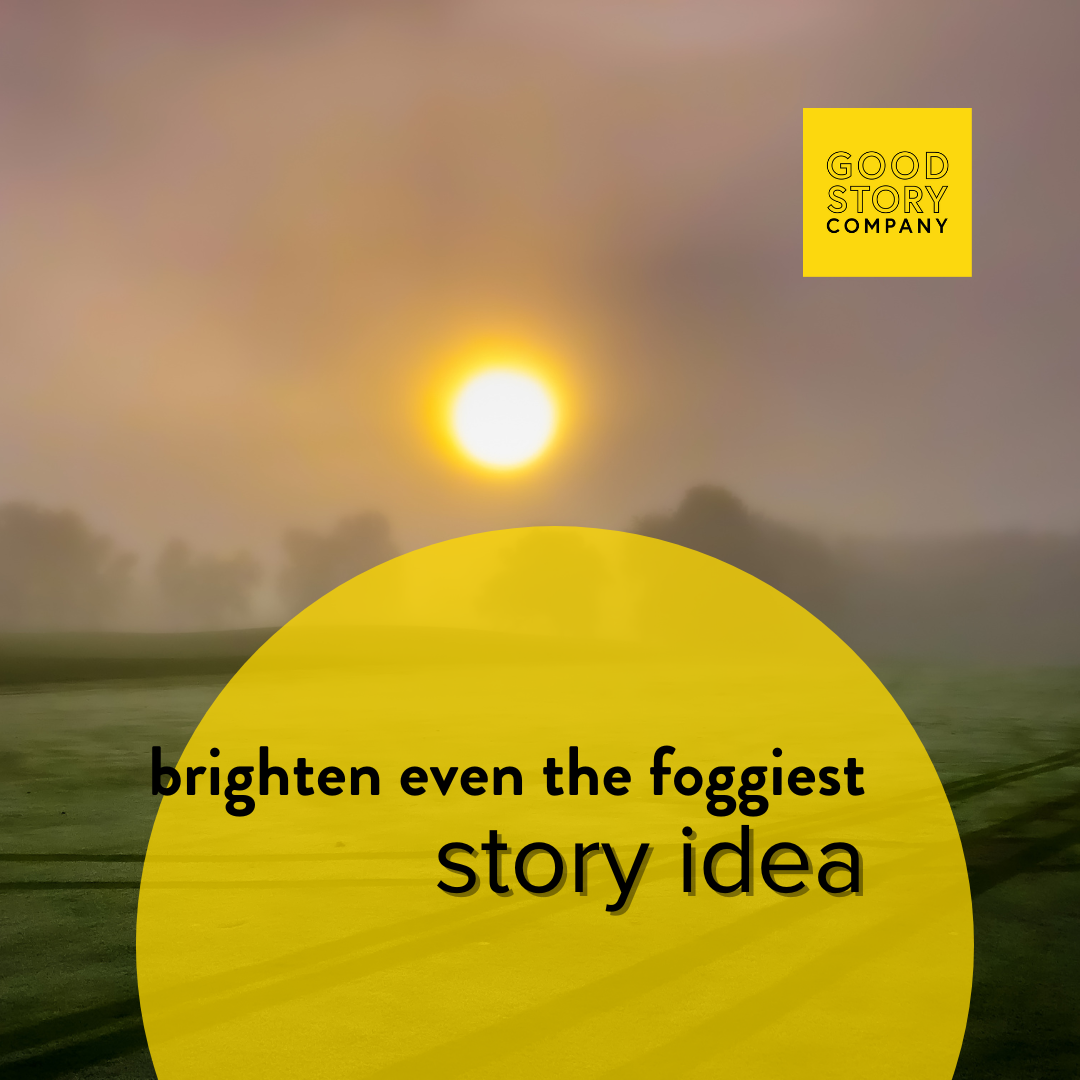
Brighten Even The Foggiest Story Idea
Story ideas don’t always come easily, but sometimes we get glimmers that turn into a list of foggy ideas. How do we decide which new idea to run with? And how do we take steps to make it shine?

Describing Eyes in Writing
Describing eyes in writing is pretty important—and it has a long history. Feast your eyes on this list of clichés about eyes! You won’t need an eagle eye.

How to Write a Good Ending
This video is all about how to write a good ending to a story. Whether you are looking to be traditionally published or are writing picture books, the main key to writing a good ending is to be familiar with what your audience wants. We’ve also got you covered on writing endings for various genres—from romance to fantasy.

The Importance of a Nuanced Character Arc
Few of us change overnight. We might wake up one morning and realize we’ve changed, but when we look back we can see it was the result of a million little things, day after day, that brought us to our current state. How do we build a character arc like this—showing gradual, compelling, believable change?
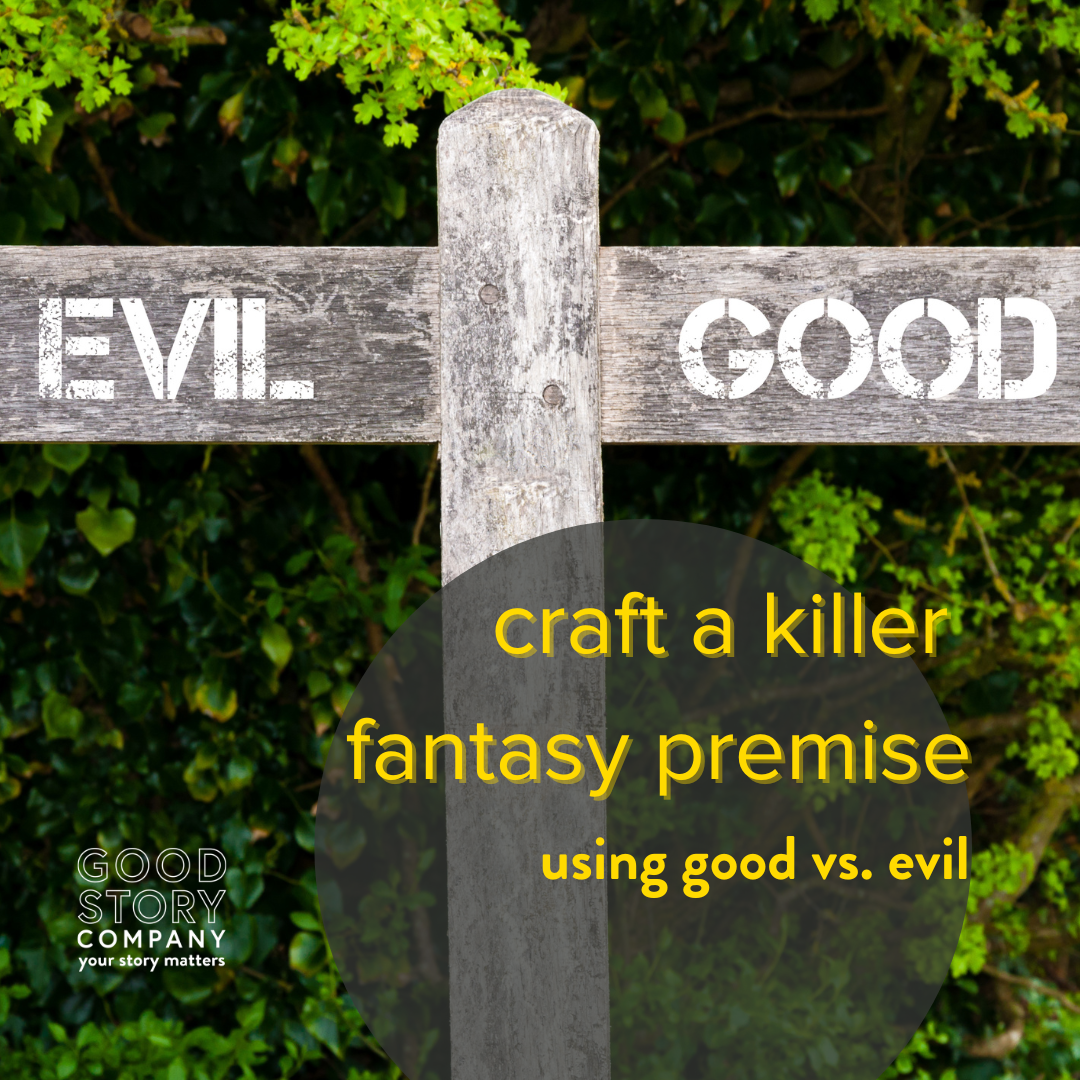
Craft a Killer Fantasy Premise Using Good Versus Evil
A fantasy premise that doesn’t engage on any themes of good versus evil can feel empty, but when those lines are too stark, it can feel a bit thin. So how do you find the balance?
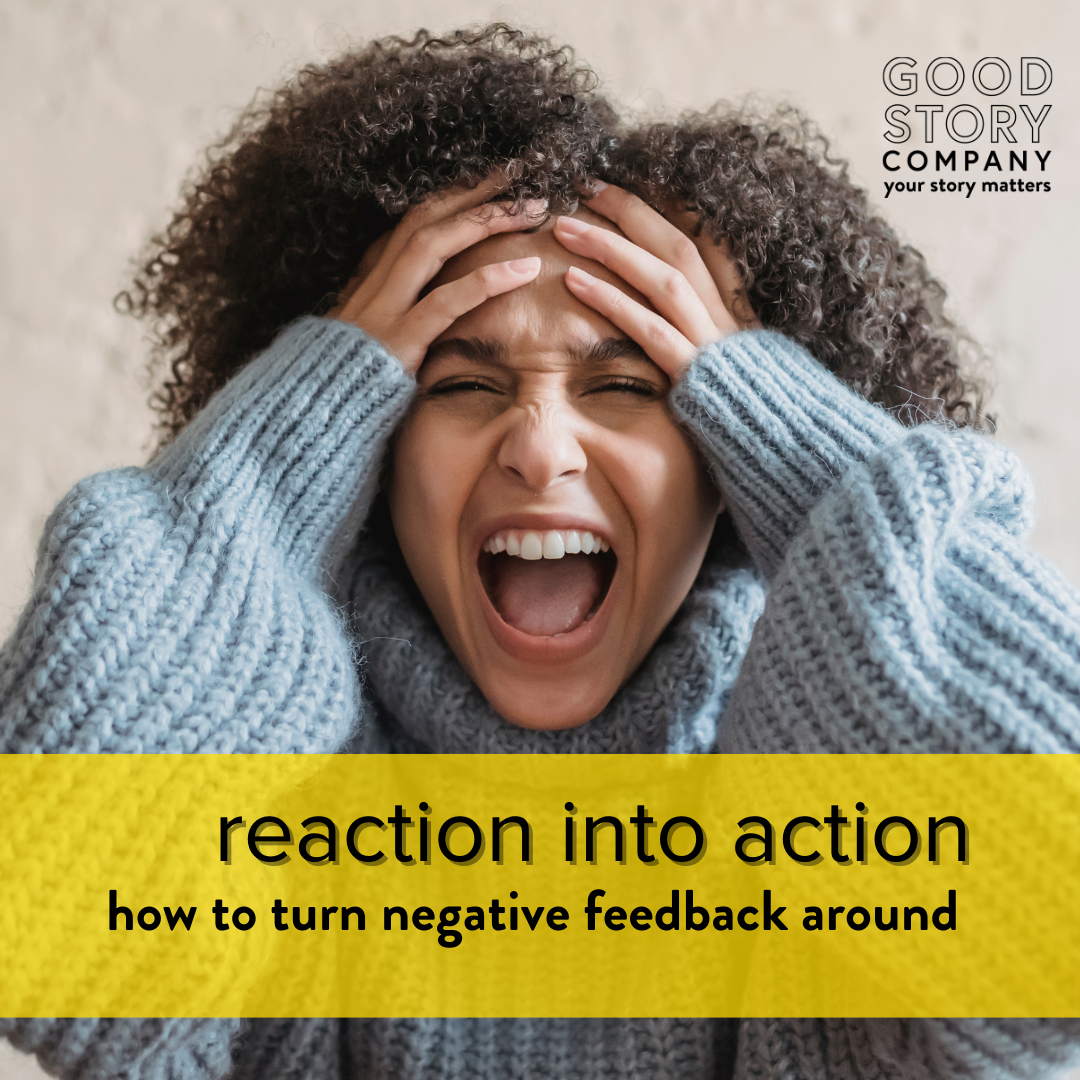
Reaction into Action: How to Turn Negative Feedback Around
Negative feedback can be confusing and hard to hear. Turn what feels like “no” into a mission to “go”!
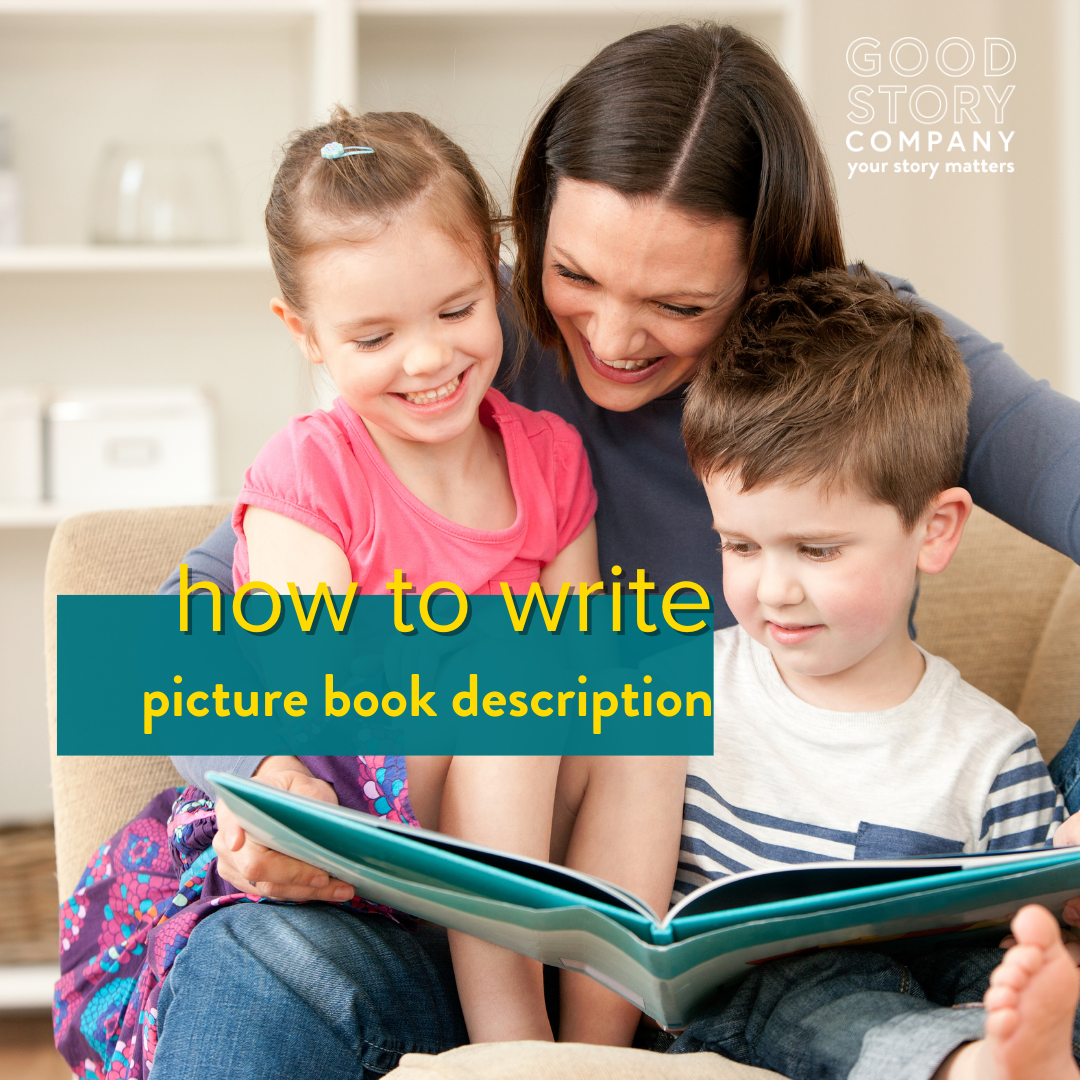
How to Write Picture Book Description
With only 600 words to work with, there’s not much space for picture book description. Let’s make every word count and bring your story to life.

Writing Critique
You can become a better writer by giving and receiving actionable advice. Here’s how.

In Favor of Present Tense Writing
One of the first decisions we have to make before writing is what tense to use. Present tense writing is often overlooked in favor of past tense—but when is present tense the better choice?

Put Your Words Down, Flip Them, and Reverse Them: Writing Your Memoir in Reverse Chronology
If you’re writing a memoir, you have to write your life events exactly the way they happened—but you don’t have to write them in order! Give your readers a backwards walk through your remarkable life with reverse chronology.

How to Overcome Writer’s Block: Memoir Edition
Many writers run into some form of writer’s block, but nonfiction and memoir writers have certain challenges to overcome writer’s block that fiction writers don’t face. Someone writing a novel can simply … make up what happens next. But memoir writers can feel constrained by wanting to be true to reality.
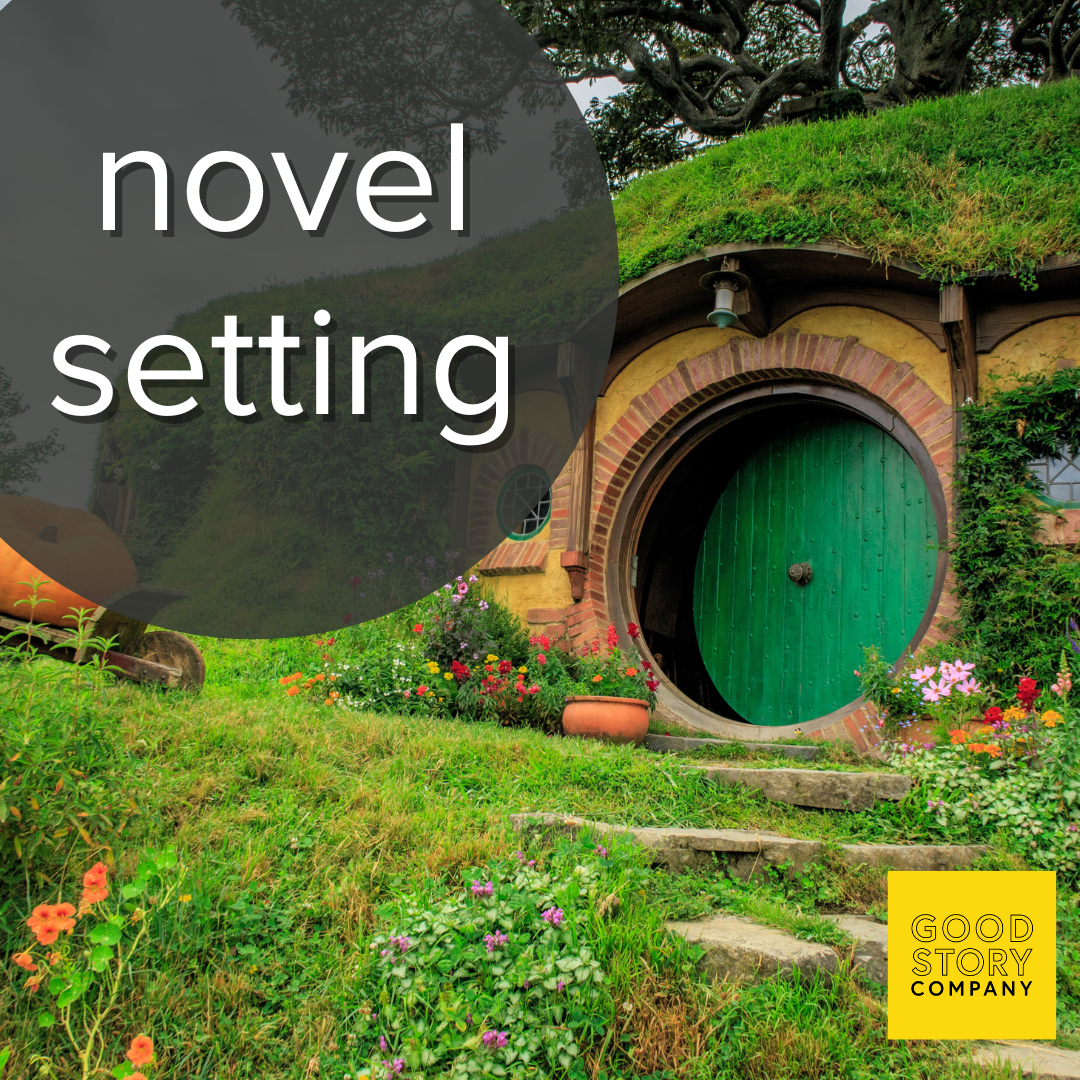
Novel Setting: Where’s It Gonna Be?
Your novel has to be somewhere. It can be anywhere! But setting is not an arbitrary detail: it can make all the difference.
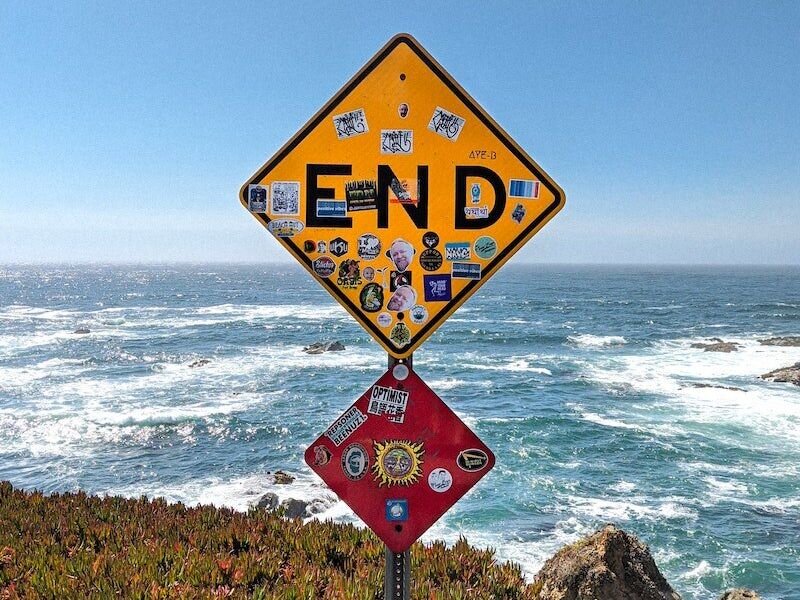
How To End A Novel
Your ending will make a lasting impression – one readers will carry with them after they put the book down. Here are some tips for writing an ending that will resonate with readers and get them excited for whatever you write next.
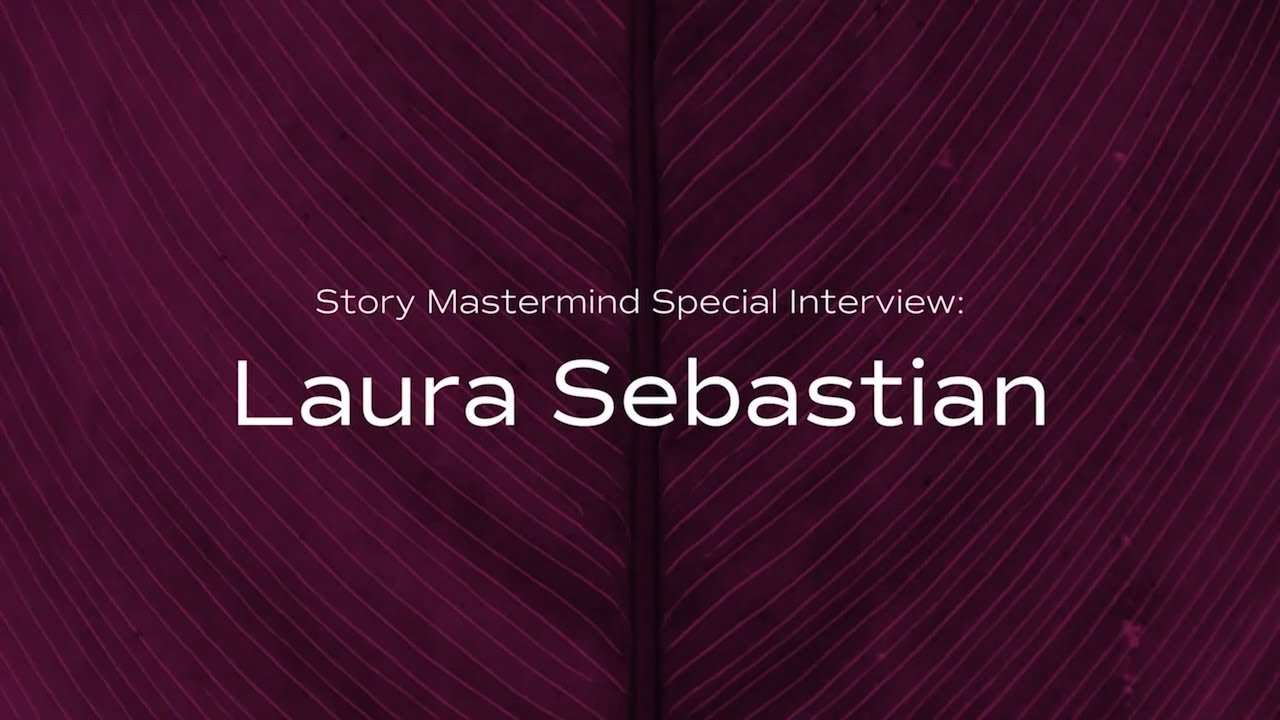
Story Mastermind Interview with Laura Sebastian
A conversation with YA fantasy author Laura Sebastian (ASH PRINCESS, out now from Delacorte) all about worldbuilding.

Creative Nonfiction
Nonfiction gets a bad rap for being dry and dull, but it doesn’t have to be. Many of the same liberties can be taken in creative nonfiction as in fiction. If you have something important to share with the world from your own life, this may be your category. Some literary flair can amp up your story and make it more approachable to your readers.
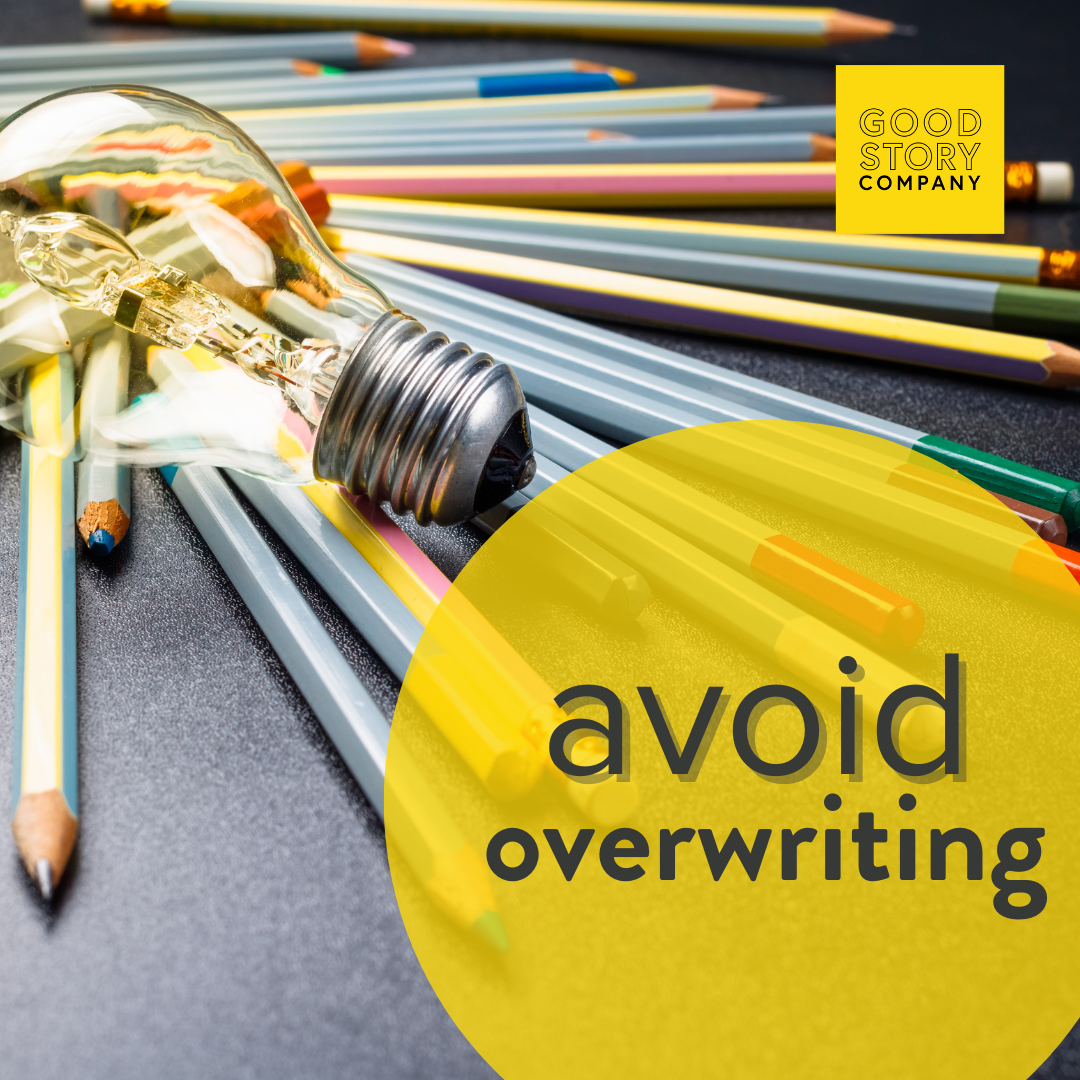
Avoid Overwriting
Overwriting happens often in early drafts, as writers try to get the story down and figure they’ll fix things later. Sometimes details draw us in, but often they can distract readers, pushing them to think about unrelated things ... and then to stop reading.
